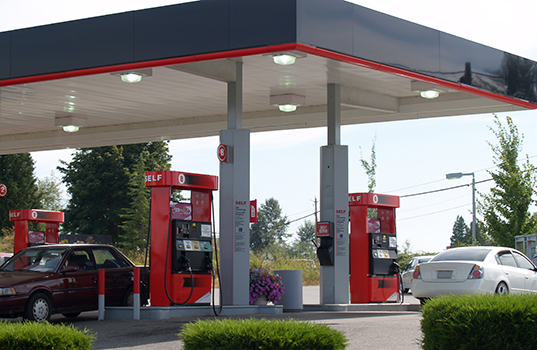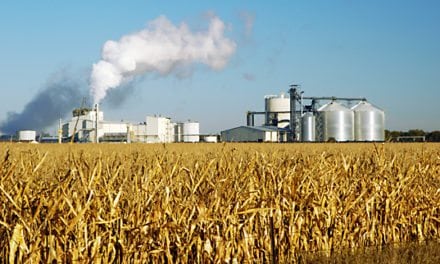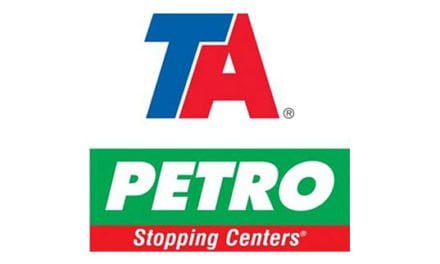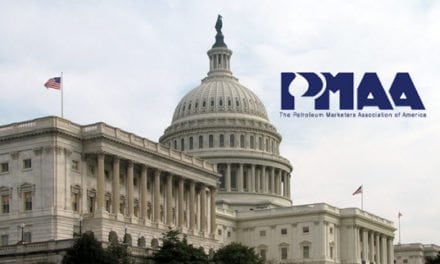PMAA, NACS, SIGMA and NATSO sent letters requesting a delay in the EMV liability shift deadline, and a waiver for the summertime Reid vapor pressure (RVP) fuel requirements, due to the coronavirus health pandemic.
The letter to the credit associations (Visa and MasterCard) covered both retailer and vendor/installer issues. Citing the impact on retailers, it stated:
“During this time of crisis, convenience stores, truck stops and travel plazas are providing essential services to their communities. The more than 121,000 locations selling fuel are a vital part of the economic supply chain serving first responders, healthcare and medical professionals, delivery workers and truck drivers, among others. For those and other reasons, every state of which we are aware that has declared an emergency and limited some business operations has designated our industry as essential to continue operating.
“These retailers have been diligently working to meet the AFD liability shift deadline this fall. Even before the development of COVID-19, retailers were confronted with challenges in acquiring hardware and certified software and a shortage in available technicians for installation. These challenges have been exacerbated by the COVID-19 pandemic and the resulting disruption in the workforce and supply chain.”
And where vendors and installers are concerned: “The ability of vendors to visit sites is being inhibited by “shelter in place” orders that are being declared by Governors around the country, as well as vendor company policies that require social distancing, limiting all non-essential social interaction of employees. In its ‘Mitigation Strategies for Communities with Local COVID-19 Transmission,’ the Center for Disease Control (CDC) recommends implementing social distancing measures such as “decreasing social contacts in the workplace and limiting non-essential work travel.” These policies are limiting the travel of technicians and other vendors. For instance, a leading manufacturer of automated fuel dispensers has closed their training offices due to COVID-19, preventing training and certification.
“In addition, a leading certified technician supporting a major fuel dispenser equipment provider has moved to “shelter in place” in accordance with social distance policies and is unable to perform initial site surveys required to start the process for EMV migration. Some retailers also are experiencing delays in AFD installations due to the hardware installation companies operating with limited crews in an effort to limit exposure to COVID-19. Quality assurance and certification testing for the various software configurations, required before EMV roll-out, will be limited under these social distancing measures being implemented at many companies causing
further delays.”
PMAA NACS, NATSO and SIGMA also sent a letter to the EPA requesting the agency to issue a waiver for the summertime RVP fuel requirements. Here is the core argument for the waiver:
“Various emergency declarations around the country requiring individuals to limit travel, for both work and pleasure, and gasoline demand is falling dramatically. This creates a unique challenge for fuel retailers as the industry approaches the May 1, 2020, transition date.
“With significant amounts of winter grade fuel remaining in tanks, terminals, and pipelines, and the inability to sell it after the May 1, 2020 transition date, terminal operators will have limited capacity to take loads of summer grade fuel. If terminal operators cannot take the summer grade fuel, the pipelines are expected to back up. Eventually, refineries will be forced to shut down production. These problems may be exacerbated for pipelines that ship both gasoline and diesel through the same pipes as backups in gasoline may block diesel fuel (which is not seeing the same drop in demand) from reaching the market. While the drop in gasoline demand will force changes throughout the supply chain, this particular issue can be avoided with a waiver for a fixed, clear period of time to allow marketers to sell through the winter grade fuel on hand today.”









